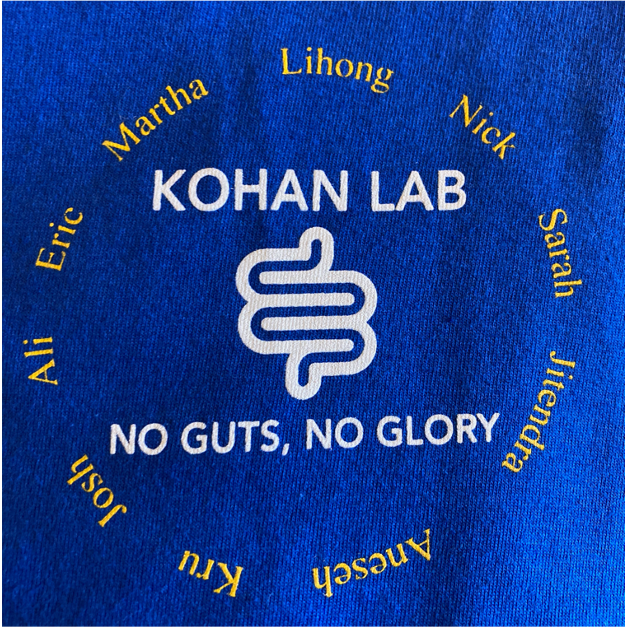A typical post-doc posting from the Kohan Lab:
Classification: Postdoctoral Associate in the Department of Medicine
Description: A POSTDOCTORAL POSITION may be available in the Laboratory of ALISON B. KOHAN, PhD, in the Department of Medicine / Division of Endocrinology, Diabetes, and Metabolism. The Kohan Lab studies the role of the intestine, its lipoproteins, and its immune cells in cardio-metabolic disease. The successful candidate will work under the guidance of Dr. Kohan on funded research projects focused on the role of lipoproteins in CD4+ immune cells, dietary lipid absorption, and inflammatory disease.
The candidate will be supported by the Kohan Lab to work both independently and collaboratively, to develop novel experimental tools, to attack cutting edge scientific problems, and to gain experience developing, writing, and submitting fellowship/grant proposals. A background in biochemistry, metabolism, immunology, or inflammatory disease is preferred but never required. The position will involve the use of mouse models. Competitive candidates will have experience in flow cytometry, cell sorting, adoptive transfer, molecular biology, and metabolism.
The Kohan Lab enthusiastically respects work-life balance, especially parenthood and other high-intensity life experiences (including carrying out science during a global pandemic), and we support our post-doctoral fellows and all lab members to train for careers within and outside of traditional academic positions. Candidates from every scientific background are highly encouraged to apply. We value curiosity and kindness over a perfect CV.
Qualifications:The candidate must hold a PhD and/or MD or equivalent in or related to Health/Life Sciences and must be eligible to work in the United States. In addition, the candidate should: 1) be able to work independently and as a member of a research team, 2) have experience writing manuscripts and communicating science to the research community and, 3) be enthusiastic about solving major clinical challenges in human disease.See also:
Contact Information
Faculty/PI Name:Alison Bloom Kohan
Please email applications (including cover letter, CV, and names and email address of 3 references) to Alison Kohan, PhD, Associate Professor, Division of Endocrinology at the following email address: akohan@pitt.edu













